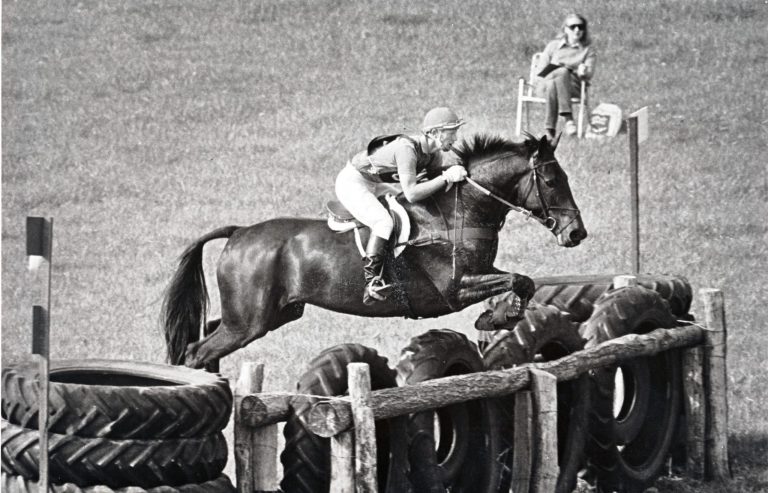Who will care for your horse if something happens to you, whether it’s injury, sudden illness, accident or death? If you rough-board or keep horses at home, it is vital to have a plan in place. If you board, who will make decisions on your behalf if you can’t?

Do you want your horse sold, placed at a retirement farm or ?donated? Or is euthanasia a ?humane option if your elderly equine requires specialized care?
Legally, horses are considered property like cars, houses or jewelry. Consider whether your beneficiaries, spouse, children or other heirs are truly willing or knowledgeable enough to manage them. Here are three no-cost steps you can take to make sure your horse is provided for:
Line up two friends or relatives who agree to serve as emergency and/or long-term caretakers. Provide them with your veterinarian’s name, discuss your wishes of what should happen to your horse (whether he should be sold, retired, etc.) and provide contacts for each other. Discuss up front how expenses will be covered.

Stay in touch with your potential caretakers because circumstances can change over time. People move and have children, or situations may arise that impact their physical and financial ability to help manage your affairs. Name alternates.

Carry a wallet card with emergency contact information related to your animals.

As you know, horses are a big responsibility. Funds will likely be needed to cover temporary or permanent costs for your horses, including board bills, shoeing and health care. Going beyond a verbal promise and having a trust or power of attorney in place to clarify available resources can help. Estate-planning costs can run from $1,000 to $5,000; costs for single documents vary. Here are four options:
A living trust is a popular choice because it can be accessed immediately and is private (without probate court delays). It can be used if you become ill or incapacitated. You set aside money for care, and a named trustee has control. A trust is more flexible than a will, which takes ?effect only at death and can be a slow process.

A pet trust may be included in a living trust, or as a stand-alone trust. The named trustee is given funds and guidelines/mandates as to how to administer funds for your horse and how to distribute any remaining funds when your horse dies. Find out if a pet trust is valid in your state by contacting an experienced trust/estate ?lawyer licensed to practice law in your state.

Power of attorney is used in the event of physical or mental incapacity, with provisions outlined for expenses, but terminates when the owner dies, unlike a trust or will. Powers of attorney are chosen when a person is alive and competent and should be part of any comprehensive estate plan. Otherwise, a disability event can result in the need for a guardian to be appointed, taking time with no guarantee your horses will be covered. Name alternates in case the initial agent is ?unable or unwilling to serve.

Life insurance is useful if you do not have sufficient property to support your horse’s care. Life insurance “creates” property when you die, which can be used to fund your pet trust. Attorney Peggy R. Hoyt, author of All My Children Wear Fur Coats: How to Leave a Legacy for Your Pet, advises people to use life insurance, if they can get it, as the most cost-effective way to fund long-term care costs for pets. It can be taken just to fund a pet trust, or you can direct a portion of an existing policy payable to your pet trust. Consult a lawyer or life-insurance agent about the correct way to name the pet trustee or trust as a beneficiary.

Resource: www.legacyforyourpet.com
This article originally appeared in the July 2008 issue of Practical Horseman magazine.










